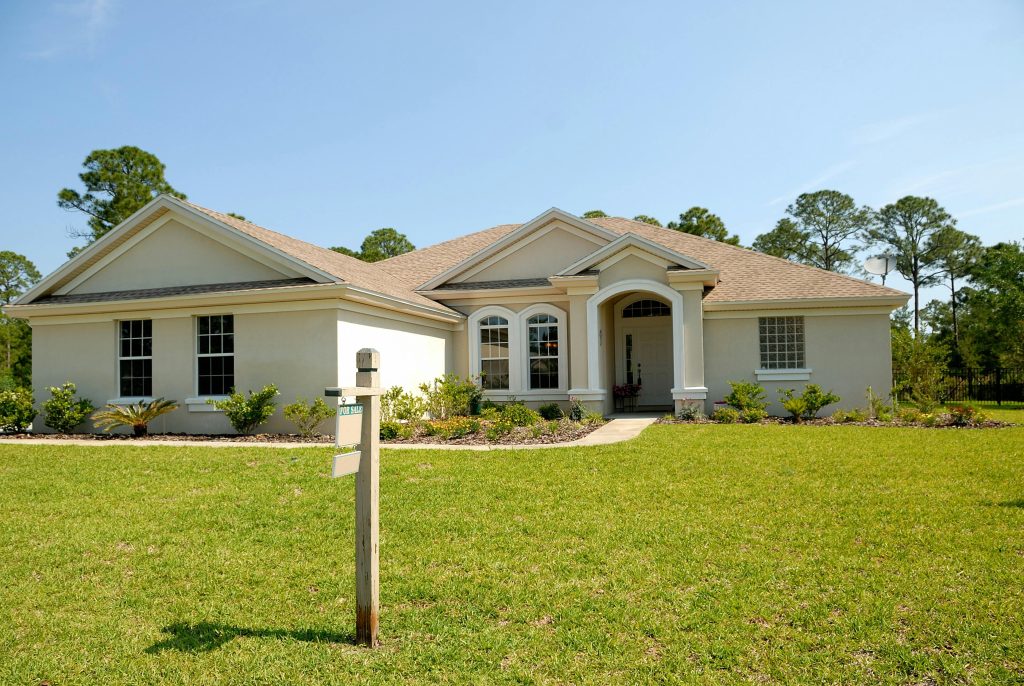Introduction
Reverse mortgages have been gaining popularity in recent years as a financial tool for retirees and older homeowners. This type of loan offers the ability to tap into home equity and receive a lump sum of cash, a line of credit, or monthly payments, without having to sell the house or make any mortgage payments. On the surface, this seems like a viable option for seniors who may be struggling with retirement funds or unexpected expenses. However, there are also concerns about reverse mortgages being a potential pitfall for these same homeowners. In this paper, we will discuss the pros and cons of reverse mortgages and explore whether they are truly a financial lifeline or a risky trap.
Reverse Mortgage Working
To fully understand the concept of a reverse mortgage, it is important to know how it works. Essentially, it is a loan that uses the equity in a home as collateral, with the loan balance increasing over time as interest and fees are added. This loan is not repaid until the borrower moves out of the home or passes away, at which point the heirs can either sell the home to repay the loan or keep the home and pay off the loan balance. In order to qualify for a reverse mortgage, the borrower must be at least 62 years old, own the home outright or have a significant amount of equity, and have the intention of living in the home as their primary residence. This may seem like a simple and straightforward process, but there are several factors that should be considered before diving into a reverse mortgage.
Benefits
One of the main benefits of a reverse mortgage is the ability to receive a lump sum or monthly payments, which can be used to supplement retirement income or cover unexpected expenses. This can be especially appealing for retirees who may be struggling with a fixed income or facing large medical bills. In addition, the money received from a reverse mortgage is not taxable, which means it will not affect a homeowner’s Social Security or Medicare benefits. Another advantage is that the borrower can continue to live in the home without having to make any mortgage payments. This can provide a sense of financial stability and peace of mind for those who may be worried about losing their home in retirement.
However, there are also several downsides to consider when it comes to reverse mortgages. The first and most significant concern is the potential for a homeowner to outlive the loan. Since the loan balance increases over time, a borrower who lives for a long time may end up owing more than the home is worth. This could leave the heirs with a difficult decision – either sell the home to repay the loan, or keep the home and pay off the loan balance. In addition, there are a number of fees and closing costs associated with reverse mortgages, including origination fees, appraisal fees, and mortgage insurance premiums. These fees can add up quickly and eat into the equity of the home.
Another factor to consider is the impact a reverse mortgage may have on the homeowner’s heirs. In most cases, the loan will need to be repaid once the borrower passes away. This could leave the heirs with the burden of selling the home to repay the loan, even if they had plans to keep the home. Furthermore, if the loan balance exceeds the value of the home, the heirs may be responsible for the difference. This could potentially lead to the loss of a family home or an unexpected debt for the heirs.
Additionally, there have been cases of reverse mortgages being used as a scam or predatory lending practice. Some lenders may pressure senior homeowners into taking out a reverse mortgage, promising low interest rates and easy access to cash, without fully explaining the long-term consequences. This could leave vulnerable homeowners in a difficult and potentially dangerous financial situation.
So, is a reverse mortgage truly a financial lifeline or a risky pitfall? The answer is not clear-cut and depends on the specific circumstances of each homeowner. For those who are struggling with retirement income and need a lump sum or steady payments, a reverse mortgage may provide a viable solution. However, it is important to carefully consider the potential long-term consequences and consult with a trusted financial advisor before making a decision.
Conclusion
In conclusion, reverse mortgages can be a helpful tool for senior homeowners, but they also come with potential risks and consequences. As with any major financial decision, it is crucial to do thorough research, understand all the terms and conditions, and weigh the pros and cons before committing to a reverse mortgage. It is also recommended to seek guidance from a financial advisor or a HUD-approved housing counselor to ensure that it is the best option for the individual’s specific situation. With careful consideration and planning, a reverse mortgage can serve as a financial lifeline for retirees, but without proper understanding and caution, it may also lead to financial pitfalls.


